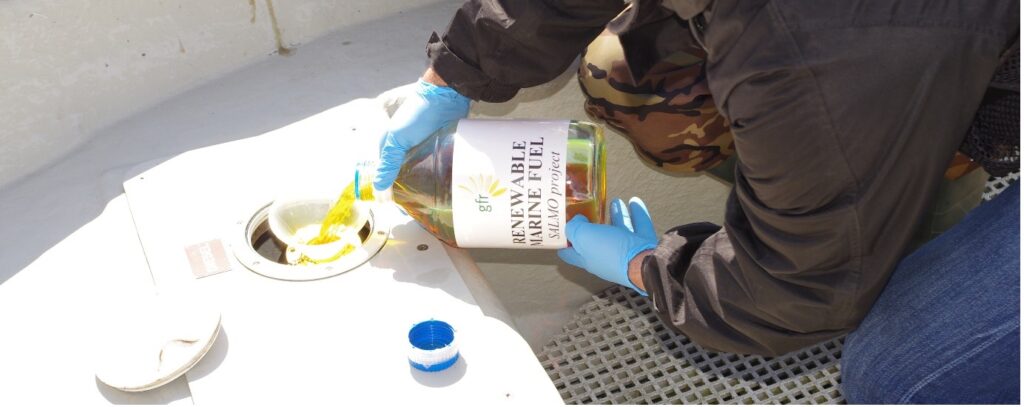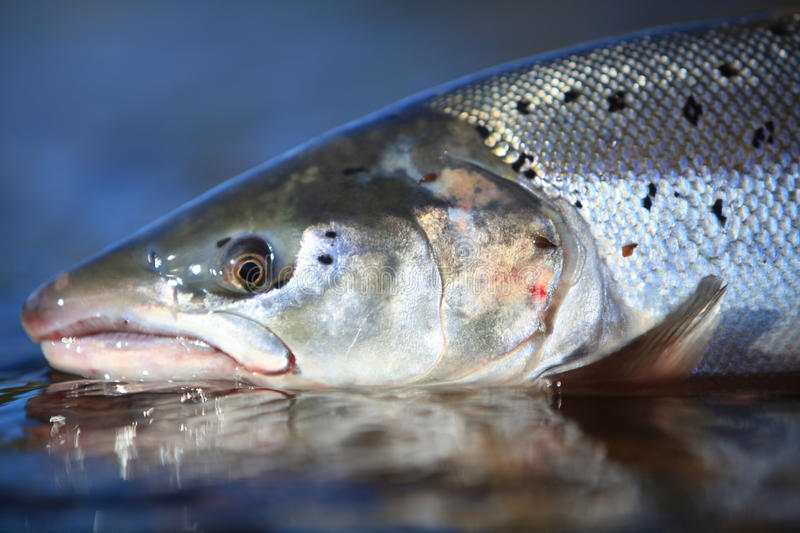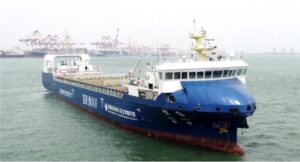Marine fuel refined from salmon farming waste on trial

Green Fuels Research (GFR), a pioneer in renewable fuels, has successfully demonstrated the use of unblended sustainable marine fuel (SMF) refined from salmon farming waste at Eglwys Nunydd Reservoir near Port Talbot, South Wales. Claimed to be a world first, the fuel was used in a Beta Marine B14 engine aboard a motor launch maintained by C-Fury.
The 100 per cent renewable fuel demonstration was the culmination of work by SALMO (Sustainable Aquaculture Leading to Marine Opportunities), a Maritime Research and Innovation UK (MarRI-UK) initiative supported by the UK Department for Transport. The project was a collaboration between GFR, the University of Cardiff and Lancaster University.
“We are thrilled to have proved today, in UK waters, that this truly sustainable hydrocarbon is comparable in properties to marine distillates and suitable as a drop-in fuel for marine engines, without modification to propulsion or fuel systems, and without additives or restrictions on blend percentages,” says GFR chief strategy officer Dr Paul Hilditch.

Killing two birds with one stone, the team behind the fuel says the product aids in the decarbonisation of UK shipping and provides sustainable management of animal by-product waste from UK aquaculture.
Simon Mcloughlin, C-Fury managing director, adds: “This has been an exciting day for us, and we hope that our accomplishment today will help to dissipate any concerns from shipowners about engine compatibility, fuel stability or safety.”
According to Green Fuels, the fuel is in compliance with sulphur ISO/PAS 23263 for petroleum products (fuels class F) – an important consideration for fuel suppliers and users in view of the implementation of the maximum 0.50 per cent sulphur limit since 2020.
Founded in 2003, Green Fuels has supplied biofuel equipment to customers in more than 80 countries. Having identified aviation and marine as strategic fuel markets of the future, Green Fuels Research was established in 2014 to develop IP in these areas. The group has attracted £9m in direct and indirect research grant funding to date, with R&D facilities in Berkeley, Gloucestershire.











